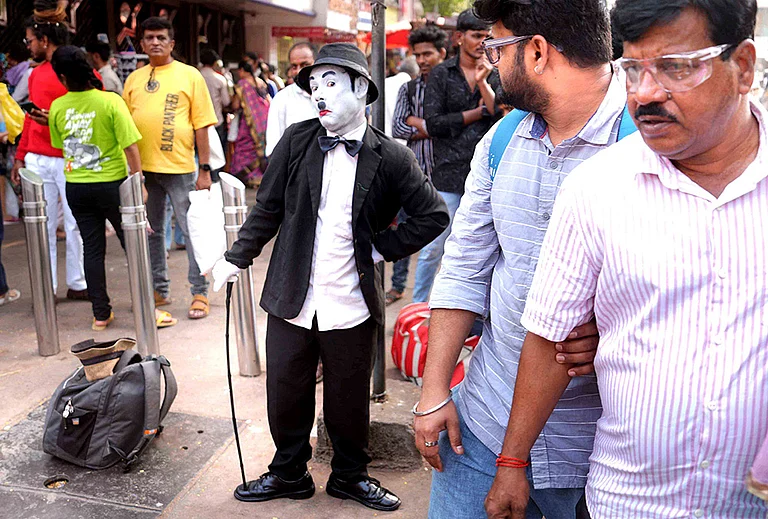Imagine this. You befriend a person. You decide what they look like, their personality, the way they talk, what they talk and literally program a friendship between the two of you, instead of dealing with the complexities of real-life relationships. In today’s day and age, it is not even impossible to find an algorithm that does this. But at a time when we are surrounded by mobile phones and mind-boggling technological innovations that offer this pursuit of convenience and company regardless of whether we have a human, real-life support or not, why do we find ourselves to be lonelier than ever?
This is most evident in North America where millennials (a person born between 1981 and 1996) and younger age groups are less ‘happier’ and more exhausted and weighed down by their life in comparison to older age groups, according to the latest World Happiness Report. The UN-backed index ranks countries based on individuals' self-assessed evaluations of life satisfaction, as well as GDP per capita, social support, healthy life expectancy, freedom, generosity and corruption.
For the first time, the United States dropped out of the top 20, falling to 23rd place from 15th last year, due to a big drop in the sense of well-being of Americans aged under 30. If the well-being of only those over 60 were to be considered, then the US would have been in the top 10.
The happiness index
The initiative to release the World Happiness Report annually was launched in 2012 to support the United Nations’ sustainable development goals. It is based on data from U.S. market research company Gallup, analysed by a global team now led by the University of Oxford.
People in 143 countries and territories are asked to evaluate their life on a scale from zero to 10, with 10 representing their best possible life. Results from the past three years are averaged to create a ranking. The report’s release usually coincides with the International Day of Happiness, March 20.
The report has been criticised over the years for being culturally biased especially towards the rich Western countries or the Global North. Many were also quick to point out that the countries that ranked on top of the index are also among the highest consumers of antidepressants, according to data released by the Organisation for Economic Cooperation and Development. While one report by UCLA Anderson says, “Happiness is overrated.”
How have countries ranked this year
Nordic countries including Finland, Denmark and Sweden are always at the top of the index. This year, Finland remained in the top spot – with an average score of 7.7 – followed closely by Denmark, Iceland and Sweden.
Meanwhile, Palestinians, who have lived for decades under Israeli military occupation, rank at 103. But this poll was conducted in the Palestinian territories of Gaza and the West Bank before the escalation of war last October.
Afghanistan, which has been under the control of the Taliban since 2020 (when they regained control), stayed at the bottom of the 143 countries surveyed. Lebanon, Lesotho, Sierra Leone and Congo also ranked at the bottom. India ranked 126, the same as last year.
Younger age groups reporting more loneliness
The report revealed that in some parts of the world, children are already experiencing the equivalent of a midlife crisis. Some factors that have been attributed to increasing unhappiness among this age group are negative aspects of social media, increased polarisation over social issues, and economic inequality that made it harder for young people to afford their own homes than in the past, according to Jan-Emmanuel De Neve, a University of Oxford economics professor and one of the report’s editors.
While the benefits of social media have been widely studied, when its use becomes excessive, young people have been found to develop low self-esteem, low confidence and negative emotions, according to multiple surveys conducted across the world.
“For the US, Canada, Australia and New Zealand, happiness has decreased in all age groups, but especially for the young, so much so that the young are now, in 2021-23, the least happy age group,” the report found. In 2010 the young were happier than those in midlife. The report itself doesn’t mention any causes behind this flip.
But these findings come at a time when the World Health Organization (WHO) has declared loneliness to be a pressing global health threat especially among the young. In some countries like Japan, a nationwide survey was also conducted to determine how many people were lonely. It revealed that at least 1.5 million people of working age are living as ‘social loners’ –a large number of these people left their jobs or had problems in personal relationships, and hence, decided to step back from mainstream society.


























